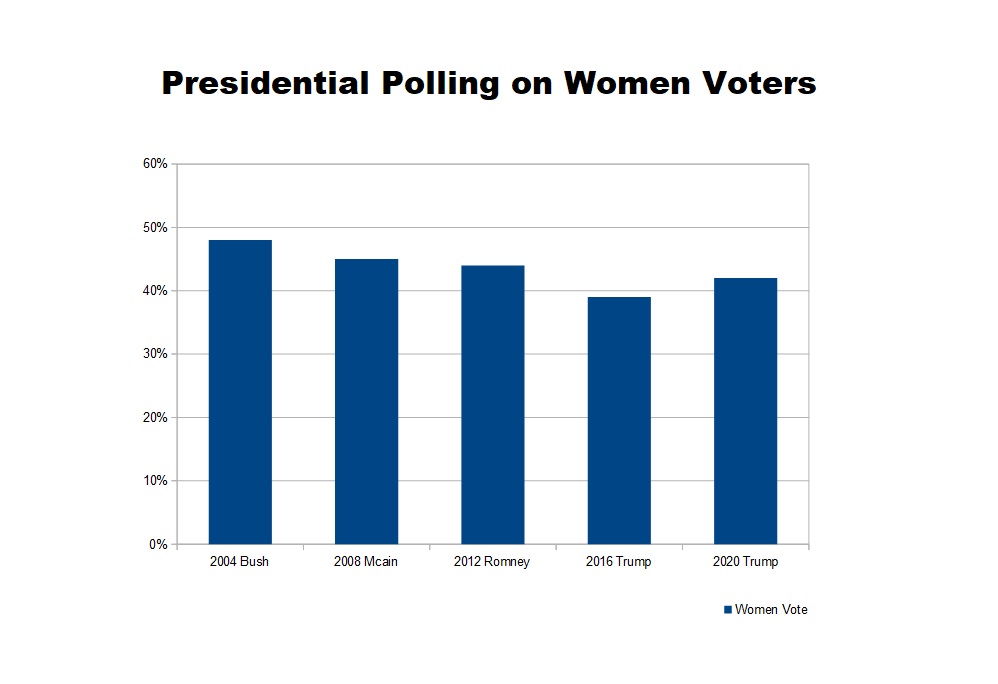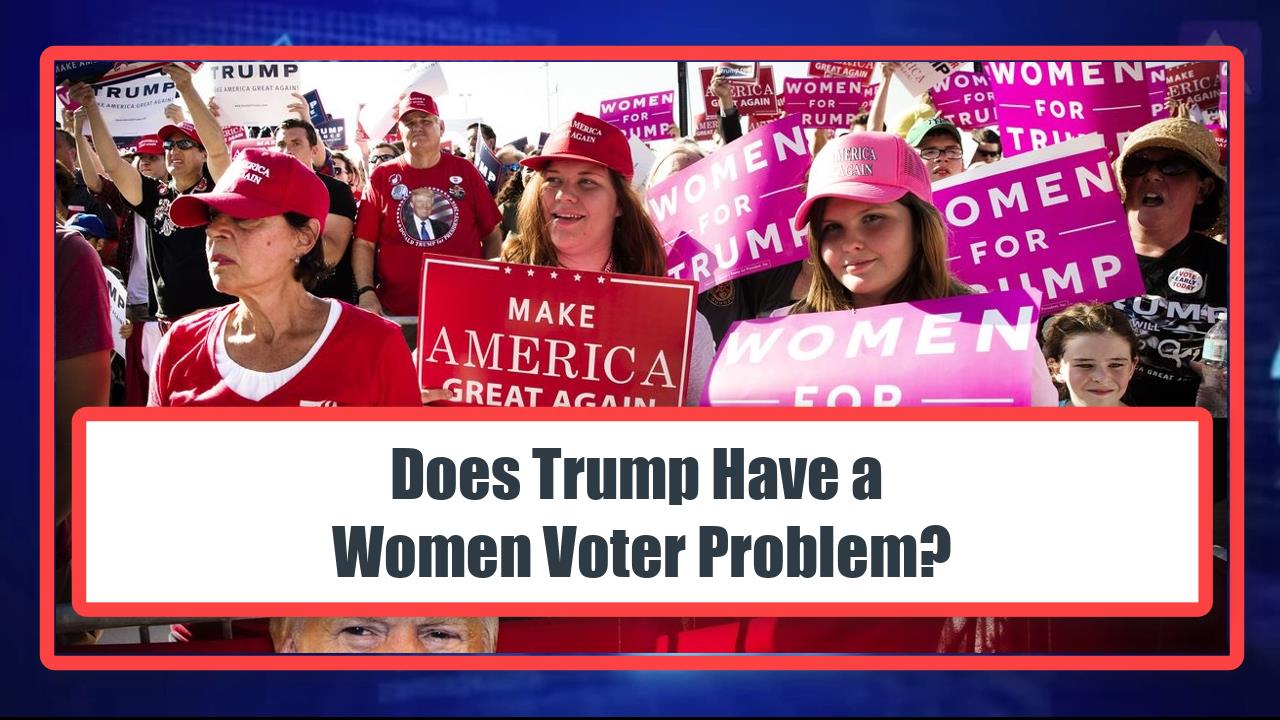Video:
Take our online poll:
AI Analysis:
The gender gap in voting patterns between women and men has been a consistent phenomenon in American politics. There are several factors that contribute to women tending to vote more for Democrats than Republicans. One significant reason is the Democratic Party's stance on social issues that directly impact women's lives, such as reproductive rights, healthcare, and gender equality. Democrats have traditionally supported policies that protect and expand women's access to reproductive healthcare and advocate for equal pay and workplace rights. These positions resonate with many women who see the Democratic Party as more aligned with their interests and concerns.
Moreover, the Republican Party's historical emphasis on conservative social values and traditional family roles has contributed to the gender gap. Some women may feel that the Republican Party's positions on issues like abortion and LGBTQ+ rights are restrictive and do not fully recognize and respect women's autonomy and rights. This perception can lead women to lean towards the Democratic Party, which is seen as more inclusive and supportive of diverse perspectives on gender and sexuality.
Additionally, the representation of women in politics plays a crucial role in shaping voting behavior. Women's representation within the Democratic Party is generally higher compared to the Republican Party. When women see more female candidates and elected officials within a party, it can foster a sense of connection and empowerment, leading to increased support from female voters. In contrast, the underrepresentation of women within the Republican Party may contribute to a perceived lack of focus on women's issues, further widening the gender gap in voting patterns.
It's important to note that voting behavior is complex and varies across individual experiences, beliefs, and regional differences. While the gender gap is evident, not all women vote for Democrats, and not all men vote for Republicans. Political affiliations are shaped by a multitude of factors, including socioeconomic status, race, education, and cultural values. Understanding and addressing these complexities is essential for political parties to effectively engage and represent diverse groups of voters.
Chart:

References:


Comments